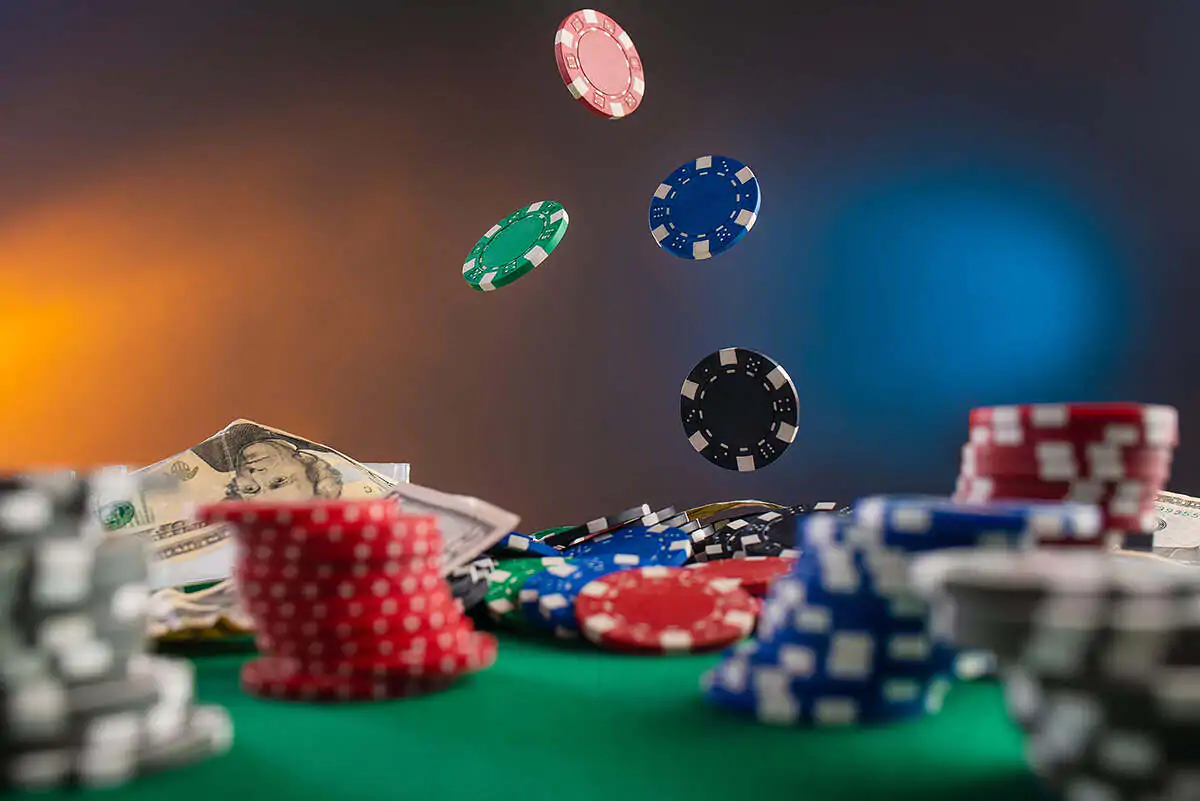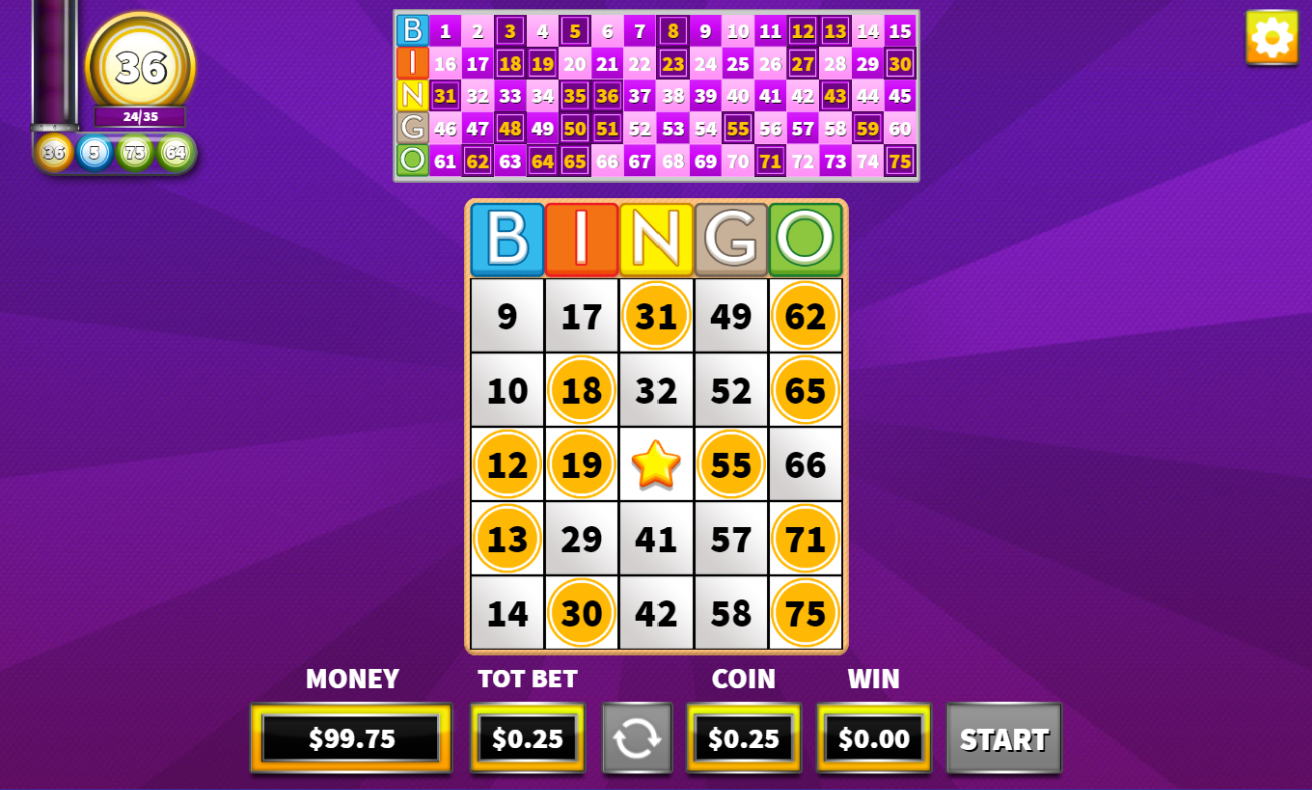The Impact of Volatility on No Deposit Casino Game Outcomes
Albie Oconnell February 12, 2025 0 COMMENTS
Volatility is one of the many features that affect the experience of playing slot machines. It impacts patterns of wins and losses, winning streaks, addictive behaviors and reinforce cognitive biases such as overestimating skill vs. luck perception or superstitious beliefs.
Simulations of a simplified video poker game demonstrate that prizes with similar return-to-player rates and win frequencies yield strikingly different result patterns, which cannot be explained by game design alone.
Table of Contents
ToggleGame Variance
Game volatility refers to how frequently and long it takes a game to yield big wins. Games with higher volatility tend to give more opportunities for large rewards but those wins tend to come more rarely, while lower-volatility titles typically offer smaller, more steady payouts. Game developers use this information when designing their titles to meet players’ risk tolerance and playing styles.
This study utilized data from two operators and applied panel regression to account for any operator differences or repeat player characteristics that might skew results. There are important limitations that must be considered.
Regarding the direct relationship between volatility and gambling behavior, we did find some evidence for Hypothesis 1. More specifically, higher volatility games were associated with increased spending and longer session times on average (p.001); however, these relationships did not follow a linear progression and demonstrated meaningful nonlinearity. Furthermore, volatility did not show any significant correlation with declining deposits for either operator.
Game Characteristics
Volatility is at the center of casino game mechanics, setting the rhythm between risk and reward that defines gambling experience. A deep understanding of volatility enables players to tailor their strategy for maximum fun and excitement during each spin.
Our research set out to discover the average links between daily volatility exposure and gambling behavior of players, using a panel regression technique which accounts for bonus spending, calendar events and individual play patterns. This allowed us to gain a tighter grasp on causality than was possible with cross-sectional analyses while providing us with the ability to compare players across operators platforms.
Results show that on average, volatile games lead to greater daily financial loss and longer session times, as well as lower chances of making declined deposits than low volatility ones. This supports theories suggesting moderately high volatility encourages problematic gamblers by encouraging losses-chasing behavior leading to frequent small wins; however there is considerable variance amongst players when it comes to these variables’ associations – suggesting there might be other factors at work here.
Game Design
Volatility has an intricate relationship with player behavior. Volatility affects cost-to-play by affecting how often and the size of wins. A brutal math model may seem less troubling if its stars align to provide a 5x or 10x win that provides relief from frustration.
However, moderate levels of volatility can facilitate problem play by encouraging loss-chasing behavior (Citation 2016). Future research should explore other determinants such as bonus spend, calendar features and game launch date that might influence player responses to volatility.
Slot game developers can control volatility by altering aspects such as payout frequency and jackpot sizes to balance risk with rewards for all skill levels of players. While physical slot machines don’t always display this information, experienced casino staff can often direct people toward suitable machines.
Game Payouts
Volatility refers to both the frequency and size of winning spins in a slot machine game, while also considering risk-versus-reward calculations. A higher volatility indicates fewer frequent wins but larger rewards per win when they do occur, while lower volatility games pay out more frequently but with smaller rewards per win. Players should decide how important risk-versus-reward is to them before selecting an appropriate machine from our list.
Our results reveal that financial losses, session times and declined deposits are only weakly associated with volatility at an individual player level (p0.05). To combat selection effects and provide a more robust understanding of causality than cross-sectional analyses, we developed a longitudinal panel regression technique allowing comparison within player behaviors while accounting for bonus play, calendar features and cash staking – this allows direct comparison within-player behavior comparison. Furthermore, one standard deviation reduction below individual player average volatility exposure correlates to an 8.7 reduction in daily loss on average, providing significant benefit for players who prefer frequent smaller wins more frequently!
RELATED ARTICLES
Recent Posts
 The Impact of Volatility on No Deposit Casino Game OutcomesFebruary 12, 2025
The Impact of Volatility on No Deposit Casino Game OutcomesFebruary 12, 2025 The Benefits of Playing at No Deposit CasinosJanuary 9, 2025
The Benefits of Playing at No Deposit CasinosJanuary 9, 2025 How to Choose a Reputable No Deposit Casino – A Guide to Research and Due DiligenceDecember 6, 2024
How to Choose a Reputable No Deposit Casino – A Guide to Research and Due DiligenceDecember 6, 2024 Measuring the Effectiveness of Casino Operations ManagementNovember 8, 2024
Measuring the Effectiveness of Casino Operations ManagementNovember 8, 2024 Casino Tourism Impact on Local Economy.October 9, 2024
Casino Tourism Impact on Local Economy.October 9, 2024





